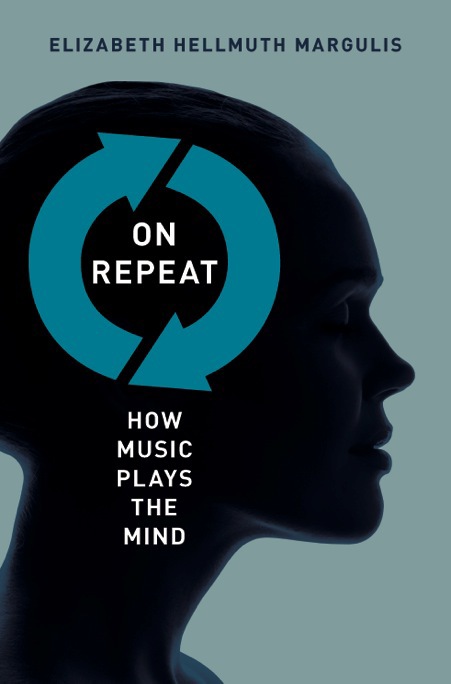“Music takes place in time, but repetition beguilingly makes it knowable in the way of something outside of time.”
 “The repetition itself becomes the important thing; it’s a form of mesmerism,” Haruki Murakami reflected on the power of a daily routine.“Rhythm is one of the most powerful of pleasures, and when we feel a pleasurable rhythm we hope it will continue,” Mary Oliver about the secret of great poetry, adding: “When it does, it grows sweeter.” But nowhere does rhythmic repetition mesmerize us more powerfully than in music, with its singular way of enchanting the brain.
“The repetition itself becomes the important thing; it’s a form of mesmerism,” Haruki Murakami reflected on the power of a daily routine.“Rhythm is one of the most powerful of pleasures, and when we feel a pleasurable rhythm we hope it will continue,” Mary Oliver about the secret of great poetry, adding: “When it does, it grows sweeter.” But nowhere does rhythmic repetition mesmerize us more powerfully than in music, with its singular way of enchanting the brain.
How and why this happens is precisely what cognitive scientist Elizabeth Hellmuth Margulis, director of the Music Cognition Lab at the University of Arkansas, explores in On Repeat: How Music Plays the Mind(public library). This illuminating short animation from TED Ed, based on Margulis’s work, explains the psychology of the “mere exposure effect,” which makes things grow sweeter simply as they become familiar — a parallel manifestation of the same psychological phenomenon that causes us to rate familiar statements as more likely to be true than unfamiliar ones.
Margulis writes:
"Music takes place in time, but repetition beguilingly makes it knowable in the way of something outside of time. It enables us to “look” at a passage as a whole, even while it’s progressing moment by moment. But this changed perspective brought by repetition doesn’t feel like holding a score and looking at a passage’s notation as it progresses. Rather, it feels like a different way of inhabiting a passage — a different kind of orientation."
In On Repeat, a fine addition to these essential books on the psychology of music, Margulis goes on to explore how advances in cognitive science have radically changed our understanding of just why repetition is so psychoemotionally enticing.
Info from Brain Pickings